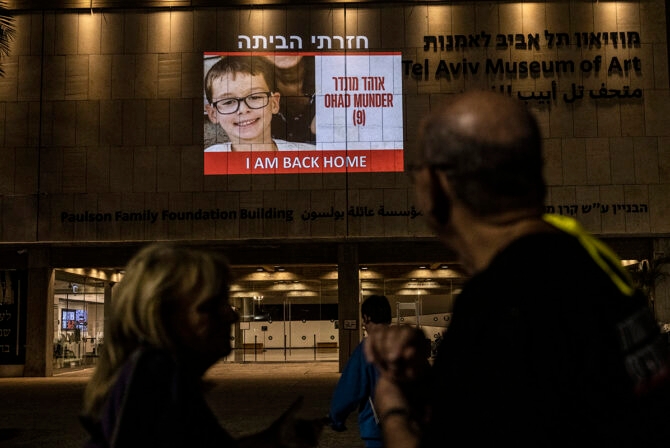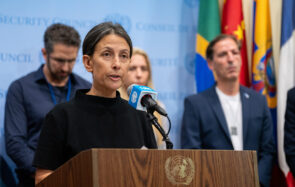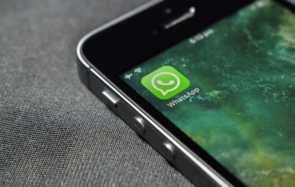For a lot of people, their local moms group is a lifesaver — a way to get sleep training advice, find an emergency car seat, a vetted babysitter or just the words of encouragement that you need in rough moment of parenthood. But when it came to Kibbutz Be’eri’s moms group on WhatApp on October 7, the term “lifesaver” became quite literal. In a story for Israel’s Kann News, four of the moms from the hard-hit kibbutz talked about how their group went from “the happiest thing in the kibbutz” to a place where mothers shared their horror and real life updates of what has become the biggest massacre of Jews since the Holocaust.
Over 100 members of Kibbutz Be’eri were killed on October 7. Many of its residents were also taken hostage, including维维安银, a founding member of the group Women Wage Peace. It took hours for IDF soldiers to recover the kibbutz, which was founded in 1946, from Hamas, as they threw grenades and lit houses on fire in attempts to get the residents out of their safe rooms. Through it all, the moms’ group text kept bearing witness to the horrors unfolding in each of their homes, with mothers sheltering their kids with their bodies in safe rooms.
The night before the attack, the last message sent was a festive invitation to a kibbutz celebration for each other. At 7:10 a.m. it started with a simple message from one mom: “God save us.” Starting around 9:30, mothers started updating each other as they could hear Hamas outside and behind their homes. At 11:55, the messages became more dire: “They’re in my home” and “quick, they’re going to kill us.”
From the Dead Sea hotel rooms where they found shelter, one of the mothers recalled texting, “Please, I’m having an anxiety attack, I can’t control it.” One of the other mothers, who was later killed, replied, “Breathe, try to breathe.”
Another mom, Einat, whose partner Nirit, a nurse, was working in the infirmary at the time, used the group to guage how far away the terrorists were from her home. It helped her prepare her kids for what she was about to do next — go outside while telling them to stay lying down in the safe room. “I told them that even if they see blood, they stay under the bed,” telling them to keep her 2-year-old toddler quiet if needed.
Mahol Shosh, 35, updated the group in real time of every moment of the horror unfolding in her home. “They’re shooting at us again, we can’t hold,” she wrote in one message.
纳玛曷15年的丈夫,握着door as terrorists tried to break in. He had a firearm — in fact, as he held the door, he managed to talk to one of his commanders to confirm that he’d report for reserves duty the moment he got out of the kibbutz. That moment never came. As Mahol was protecting her children, she heard the gunshot that hit her husband. She fashioned a tourniquet to stop his bleeding and shot at the door until Hamas decided to light the house on fire and smoke the family out.
“We have a lot of smoke and we can’t move right now,” she wrote to the group. “Noy is hurt, he’s bleeding badly, I really need help,” she added.
At a certain point, she told Kann, “I had to go to the kids, to open a window, so the kids will have air, and had to stop the tourniquet.” Noy agreed that that was the best plan. She still managed to wish him farewell, tell him she loved him, and he held out his arm for the three children one final time.
“妈妈理解“dire the situation in Shosh’s house was,she told Channel 12 news. “And when the forces got to her, she just sent them to me,” she recalled. “That’s what saved us; they wouldn’t have known to get to us otherwise.” Shosh’s nephew and niece are still missing.
Be’eri is still empty. The mothers are sheltering in hotels around the country. And the WhatsApp group, in the weeks since that terrible Saturday, has gone back to doling out more standard parenting advice.
Yet the mothers in it won’t soon forget how much it helped in those dreadful hours. “These women were with me, in those moments. Each one of them knows what happened to me, every detail of it,” Shosh told Kann News. They were together, through it all.
"בבקשה אם מישהו מוכן לעזור, נוי מדמם": את ההודעה הקולית הזאת שלחה מחול, אם לשלושה פעוטות, בקבוצת הוואטסאפ "אימהות קיבוץ בארי". מהר מאוד הפכו הדיונים על "בעיות רגילות" של אימהות לילדים – לתיעוד אחרון לפני מוות ולקבוצת תמיכה@ifatglick@ShanyWeitzman#חדשותהערבpic.twitter.com/3Xi6YEsKww
— כאן חדשות (@kann_news)October 23, 2023








